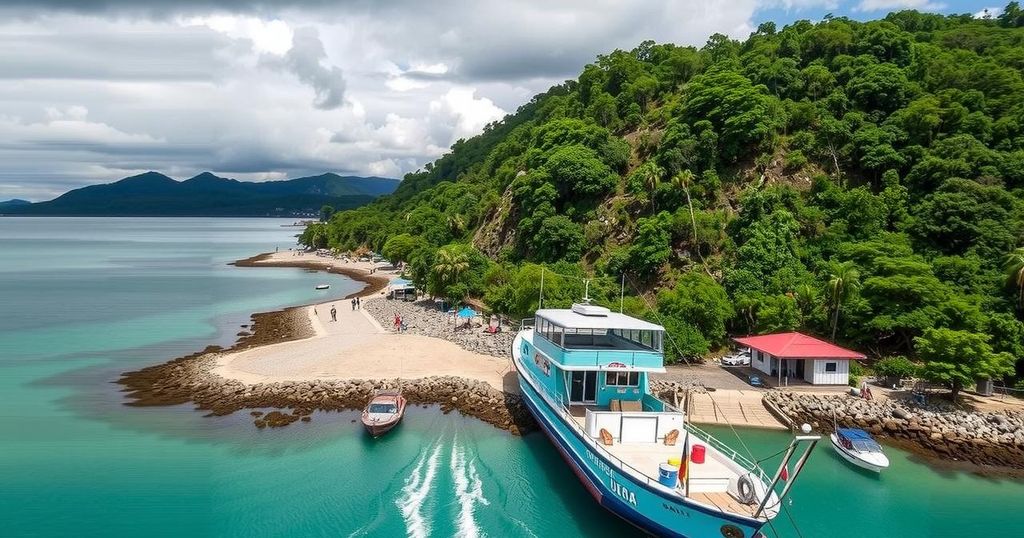The Lobito Corridor, connecting Angola and the DRC, presents opportunities for trade and job creation; however, it also raises significant concerns about exploitation of natural resources and local economic benefits. While some see it as a development catalyst, others fear it perpetuates colonial practices and undermines local communities’ rights to their resources.
The Lobito Corridor project, spanning from Angola to the Democratic Republic of the Congo (DRC), aims to facilitate trade and provide access to the region’s mineral resources. While the initiative has garnered support from multiple countries, including the United States, there are prevalent concerns regarding its implications for local communities in the DRC. Many citizens fear that the project may serve as a conduit for further exploitation of their natural resources rather than provide substantial benefits. Congolese President Felix Tshisekedi has highlighted the potential for job creation and economic advancement through this corridor. However, dissenters argue that the project risks perpetuating colonial-era exploitation, leaving local populations without true benefits from their resources. With the DRC possessing significant reserves of cobalt and copper, the calls for equitable resource management and local processing have intensified amidst global desire for these critical minerals.
The Lobito Corridor is a significant infrastructural project intended to link Angola’s Port of Lobito with the DRC and Zambia, facilitating access to essential minerals like copper and cobalt. The DRC harbors vast deposits of these resources, attracting international attention and interest, particularly from the United States and Europe, as these minerals are crucial for energy transition technologies. Despite its proposed benefits, local residents express apprehension about the project’s purpose and implications, fearing that it may lead to increased exploitation rather than economic development. Consequently, the dialogue surrounding the project is marked by contrasting perspectives, with supporters highlighting potential job creation and critics warning against a repeat of historical resource plundering.
The Lobito Corridor presents a complex scenario for the DRC, where the potential for economic growth must be weighed against the risks of exploitation. While the project has been framed as a transformative initiative for regional trade and development, many local stakeholders raise valid concerns about the actual benefits reaching communities that have historically been marginalized in resource management. The future of the Lobito Corridor hinges on balancing these interests, ensuring that local populations gain from the wealth generated by their land, thus determining whether this infrastructural endeavor will indeed become a positive force or relegate the DRC to a state of continued dependency.
Original Source: www.aljazeera.com






